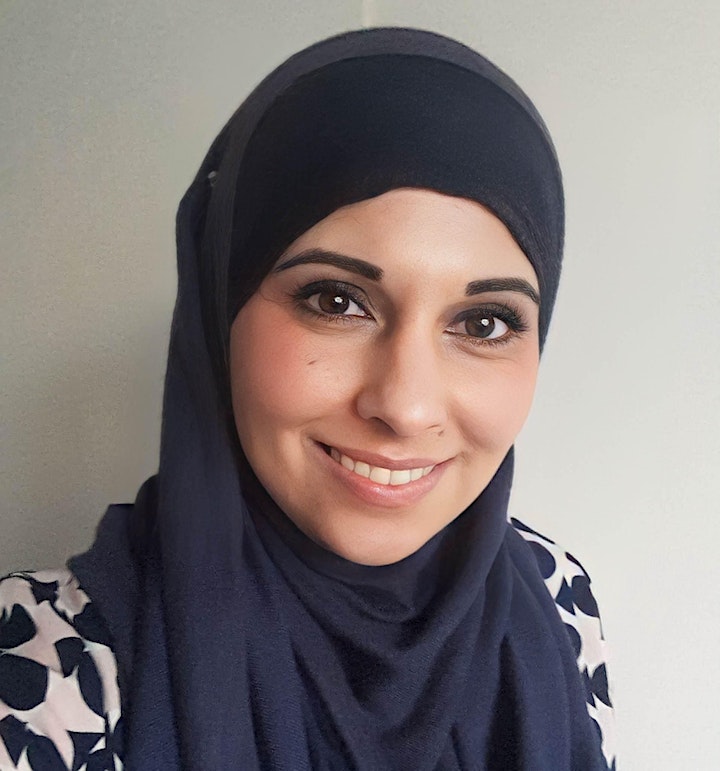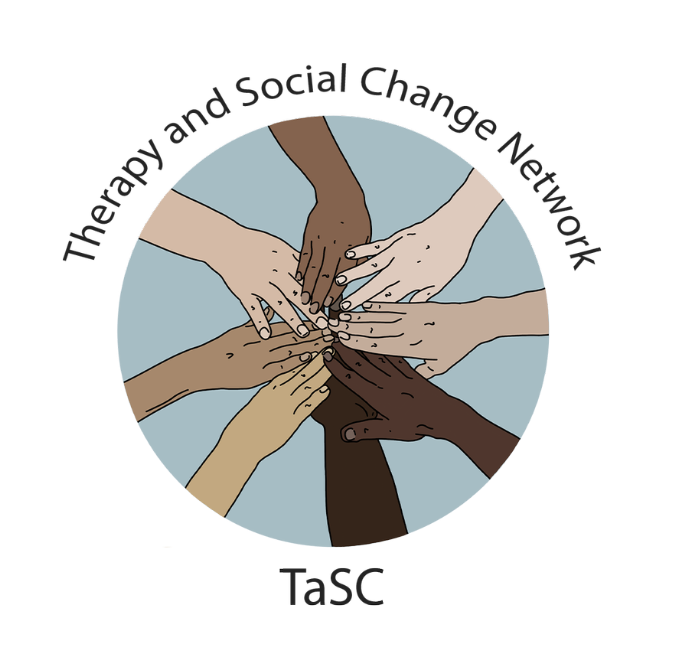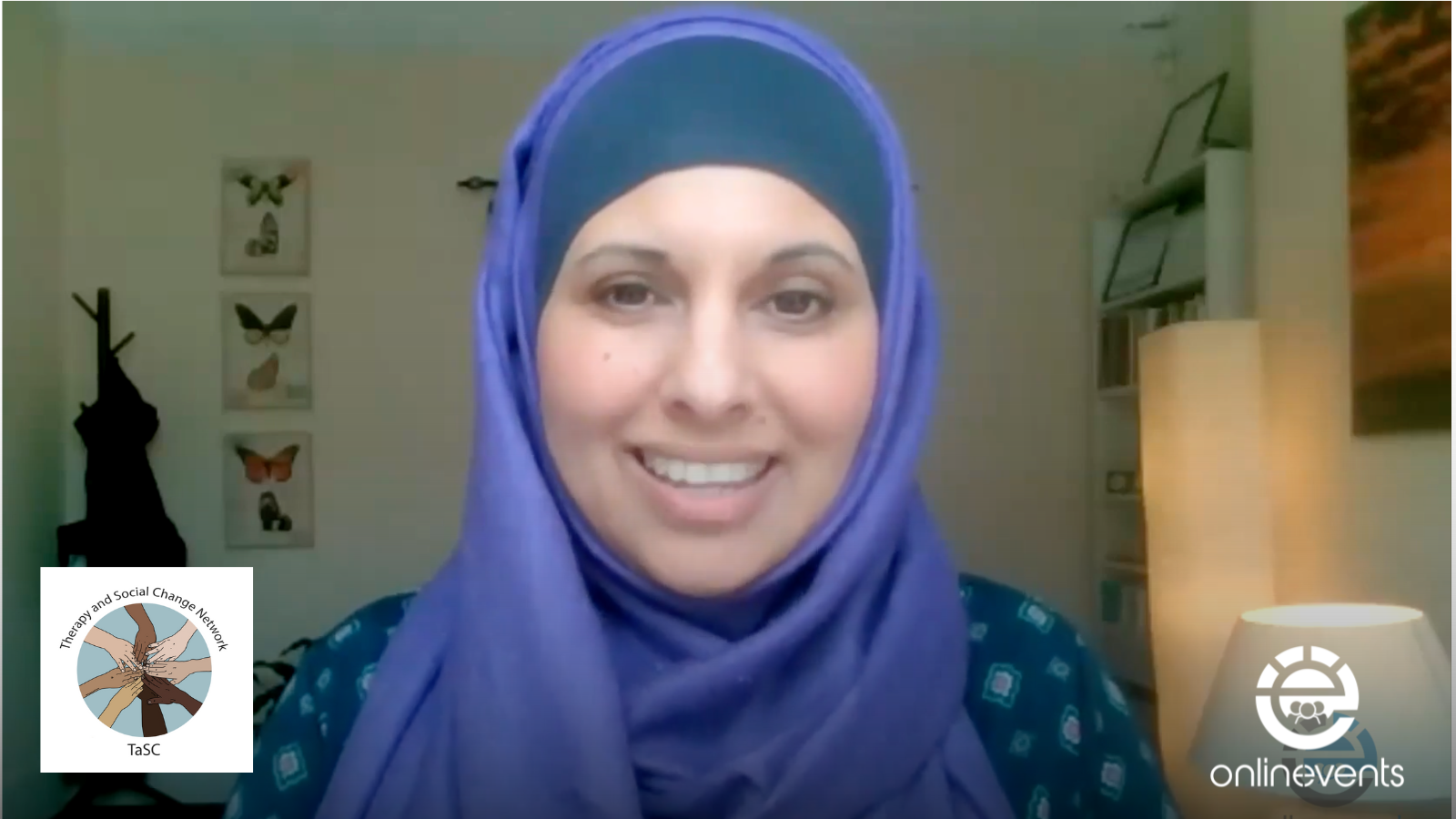This presentation will introduce you to the brand-new Working Within Diversity model of anti-oppressive practice. A model which has evolved from Myira’s extensive clinical experience as a Counsellor, Supervisor and Tutor, to deliver anti-oppressive practice in her own work. The presentation will focus on exploring identity, as one of the components of the model, and the underlying principles of why we need to be consciously working ‘within’ diversity and not ‘with’ diversity, to be able to offer an anti-oppressive approach in therapeutic practice. There will also be an opportunity for Q and A and space to reflect on the material presented.
This event is included in a series of seminars organised in collaboration with the Therapy and Social Change Network.
Course Content
Organisation
This learning is avaibale in the FREE Student Hub
Presenter

Myira is a multi-award-winning Accredited Counsellor, Supervisor, Coach and Counselling Tutor, and the Founder of the Muslim Counsellor and Psychotherapist Network (MCAPN).
Myira works in private practice, under her organisations ‘Myira Khan Counselling’ and ‘Grow to Glow’ and has over 12 years of clinical experience. Myira also delivers workshops and events internationally and is a regular speaker and facilitator at national conferences. As the Founder of the Muslim Counsellor and Psychotherapist Network (MCAPN), Myira runs the network for Muslim counsellors, therapists and psychologists, offering support, CPD opportunities and raising the visibility of Muslim practitioners. A visibly Muslim ethnically-minoritized practitioner, Myira represents a diversity within the therapeutic and coaching professions, promoting counselling and coaching to ethnically-minoritized, Muslim and under-represented marginalised communities and clients.

The Therapy and Social Change (TaSC) Network is a broad affiliation of people interested in exploring the interface between therapeutic ideas and practices and social justice perspectives and actions. We are interested both in the ways that counselling and psychotherapy can be practiced with social justice concerns in mind (for instance, tackling unconscious biases in the consulting room), and also in the ways that therapeutic principles and practices can be extended out to the wider social realm (for instance, developing social and emotional literacy in schools).


